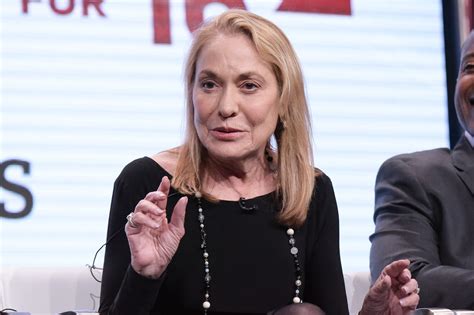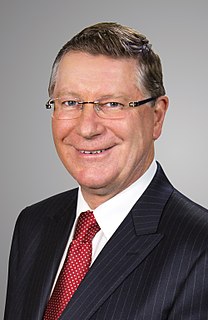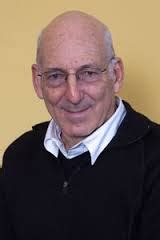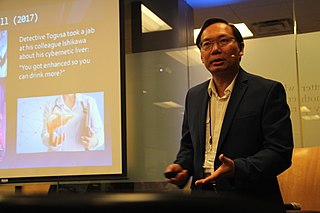A Quote by Alan Dershowitz
Related Quotes
If a university official's letter accusing a speaker of having a proclivity to commit speech crimes before she's given the speech - which then leads to Facebook postings demanding that Ann Coulter be hurt, a massive riot and a police-ordered cancellation of the speech - is not hate speech, then there is no such thing as hate speech.
Free speech is important whether you like what's being said or not. The reason why it's so important is that the entire spectrum of ideas needs to be heard so that the best ones are embraced and rise to the top. If you're a liberal and don't like conservative speech and you try to stifle that conservative speech, you need to be prepared for your own progressive speech to be stifled when the power shifts out of your favor.
The radicals...want speech regulated by codes that proscribe certain language. They see free speech as at best a delusion, at worst a threat to the welfare of minorities and women....The most obvious (and cynical) explanation for the switched positions is the switched situations. Protesting students became established professors and administrators. For outsiders, free speech is bread and butter; for insiders, indigestion. To the new academics, unregulated free speech spells trouble.




































